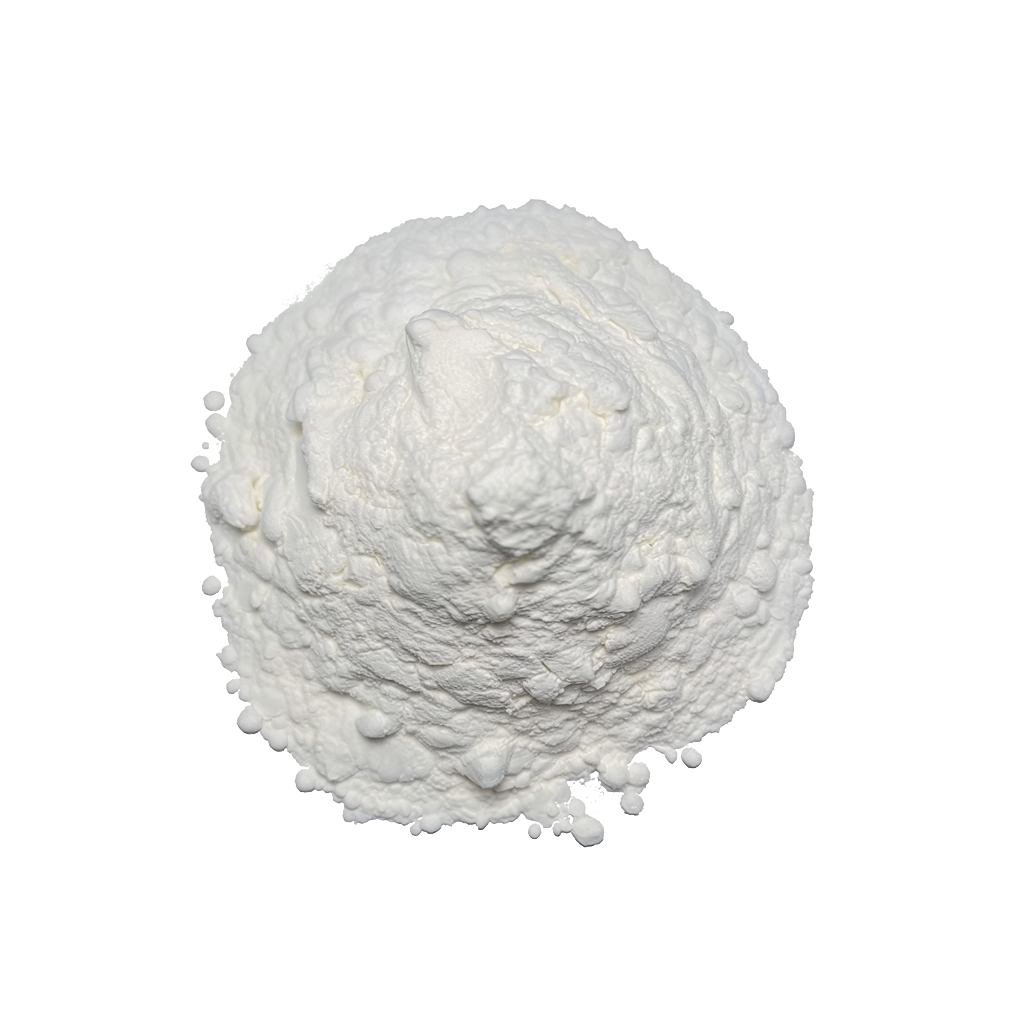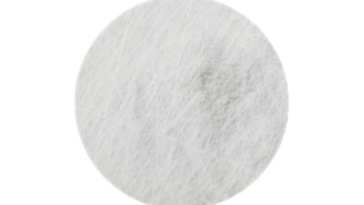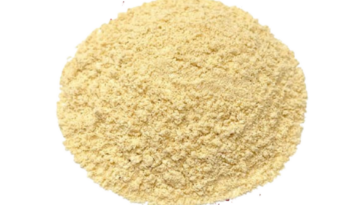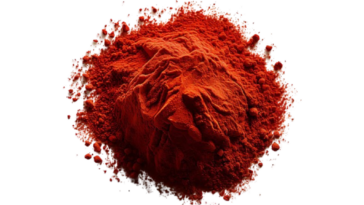Lactobacillus fermentum, often abbreviated as L. fermentum, is a species of lactic acid bacteria commonly found in various fermented foods and in the gastrointestinal tract of humans and animals. Its origins trace back to the natural fermentation processes that have been employed by human civilizations for centuries to preserve and enhance the nutritional value of foods. Historically, L. fermentum likely emerged as a prominent microbial species in fermented foods such as yogurt, sauerkraut, and pickles, where it plays a crucial role in the fermentation process. Through generations of selective cultivation by humans, strains of L. fermentum with desirable characteristics for fermentation, such as acid and alcohol tolerance, have been favored and propagated, contributing to its prevalence in traditional food cultures worldwide.
Beyond its role in food fermentation, L. fermentum has also been recognized for its potential health benefits. Studies have suggested that strains of L. fermentum may possess probiotic properties, supporting digestive health and immune function. The presence of L. fermentum in the gut microbiota has been associated with a balanced intestinal environment and has been investigated for its potential in preventing or alleviating gastrointestinal disorders. Additionally, research into the therapeutic applications of L. fermentum continues to expand, with ongoing exploration into its potential for addressing various health conditions and improving overall well-being.
Vitamins & Minerals:
Lactobacillus fermentum, a species of lactic acid bacteria commonly found in fermented foods and as a probiotic supplement, doesn’t inherently contain a comprehensive list of vitamins and minerals like plants or animals do. Instead, it primarily synthesizes and contributes to the production of certain B vitamins within the gut environment, particularly vitamin B12, folate (vitamin B9), and riboflavin (vitamin B2). These vitamins are essential for various metabolic processes in the body, including energy production, DNA synthesis, and red blood cell formation. Vitamin B12, for instance, plays a crucial role in neurological function and the synthesis of DNA, while folate is crucial for fetal development and cell division. Riboflavin, another B vitamin synthesized by L. fermentum, is vital for energy production, metabolism, and maintaining healthy skin and vision.
Moreover, while L. fermentum doesn’t directly contain minerals, its presence in the gut can positively influence mineral absorption and utilization by the host organism. For instance, certain strains of L. fermentum have been studied for their ability to enhance calcium absorption, potentially contributing to bone health. Additionally, the fermentation process facilitated by L. fermentum in the gut can promote the bioavailability of minerals from the diet, such as iron, zinc, and magnesium, by breaking down complex molecules into more absorbable forms. This can be particularly beneficial for individuals with compromised digestive systems or those at risk of mineral deficiencies. Thus, while L. fermentum itself doesn’t contain a wide array of vitamins and minerals, its probiotic activity can indirectly support the body’s overall nutritional status and health.
Probiotic, Prebiotic, or Postbiotic:
Lactobacillus fermentum can indeed be considered a probiotic. Probiotics are live microorganisms that, when administered in adequate amounts, confer a health benefit on the host. L. fermentum is one of the many strains of bacteria classified as probiotics. It is commonly found in fermented foods like yogurt, kefir, and sauerkraut, as well as in dietary supplements.
As for its role as a prebiotic or postbiotic:
- Prebiotic: Prebiotics are non-digestible fibers that stimulate the growth or activity of beneficial bacteria in the colon. They essentially serve as food for probiotics, helping them thrive and exert their beneficial effects. L. fermentum itself is not a prebiotic; rather, it is a probiotic that can utilize prebiotics as a source of nutrition.
- Postbiotic: Postbiotics are the metabolic byproducts of probiotics or the components released by probiotic bacteria that confer health benefits on the host. These can include short-chain fatty acids, organic acids, bacteriocins, and other bioactive compounds. While L. fermentum itself produces postbiotic metabolites during fermentation, it is primarily recognized as a probiotic organism rather than a source of postbiotics.
In summary, Lactobacillus fermentum is primarily considered a probiotic, playing a beneficial role in the gut microbiota when consumed in adequate amounts. While it does not function as a prebiotic or postbiotic itself, it can interact with prebiotics and produce postbiotic metabolites as part of its natural metabolic processes.
Dietary & Health Information:
Lactobacillus fermentum (L. fermentum) is a type of bacteria that is commonly found in fermented foods like yogurt, kefir, and some types of cheese. It is also available in the form of probiotic supplements. Here’s some dietary and health information about L. fermentum:
- Probiotic Benefits: L. fermentum, like other probiotics, is believed to offer several health benefits, including improving digestion, supporting immune function, and possibly even aiding in weight management.
- Digestive Health: L. fermentum may help maintain a healthy balance of bacteria in the gut, which can promote digestive health and alleviate symptoms of digestive disorders like diarrhea, irritable bowel syndrome (IBS), and inflammatory bowel disease (IBD).
- Immune Support: Some research suggests that L. fermentum may have immune-boosting properties, potentially helping to reduce the risk of infections and allergies.
- Anti-inflammatory Effects: There is evidence to suggest that L. fermentum may have anti-inflammatory effects, which could be beneficial for conditions involving inflammation, such as arthritis and certain skin conditions.
- Cardiovascular Health: Preliminary studies indicate that L. fermentum may have a positive impact on cholesterol levels and blood pressure, thus contributing to cardiovascular health.
- Potential Side Effects: While generally considered safe for most people, some individuals may experience mild side effects such as bloating, gas, or stomach upset when first starting to take L. fermentum supplements. These side effects usually subside as the body adjusts.
- Dosage: The optimal dosage of L. fermentum can vary depending on factors such as age, health status, and the specific strain of bacteria. However, typical dosages range from 1 billion to 10 billion colony-forming units (CFUs) per day for adults. It’s essential to follow the dosage instructions provided on the supplement label or as directed by a healthcare professional.
It’s important to note that while probiotics like L. fermentum can be beneficial for many people, they are not a cure-all, and individual responses may vary. If you have any underlying health conditions or concerns, it’s always best to consult with a healthcare provider before starting any new supplement regimen.




 No products in the cart.
No products in the cart.